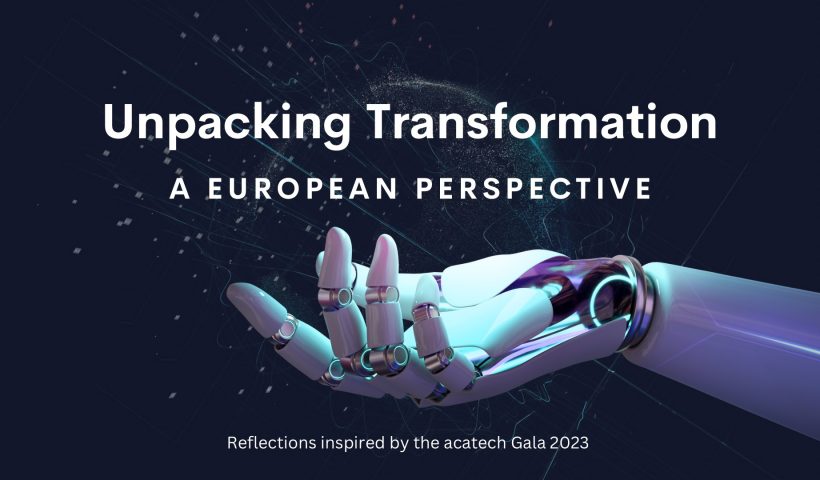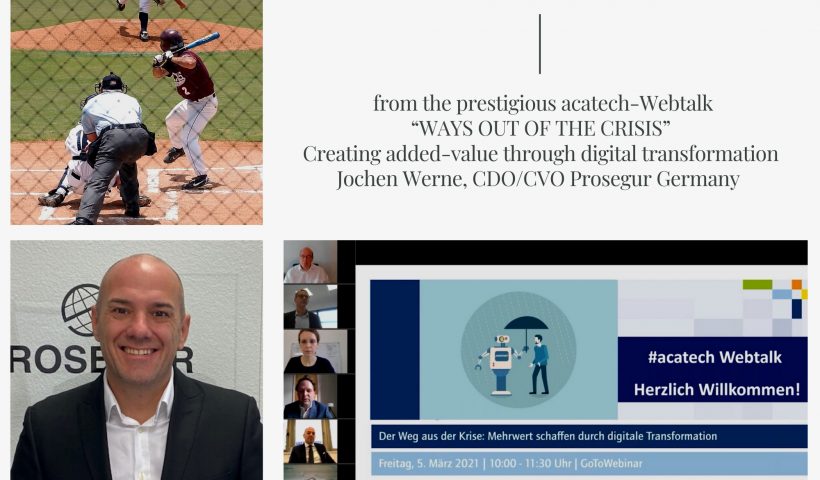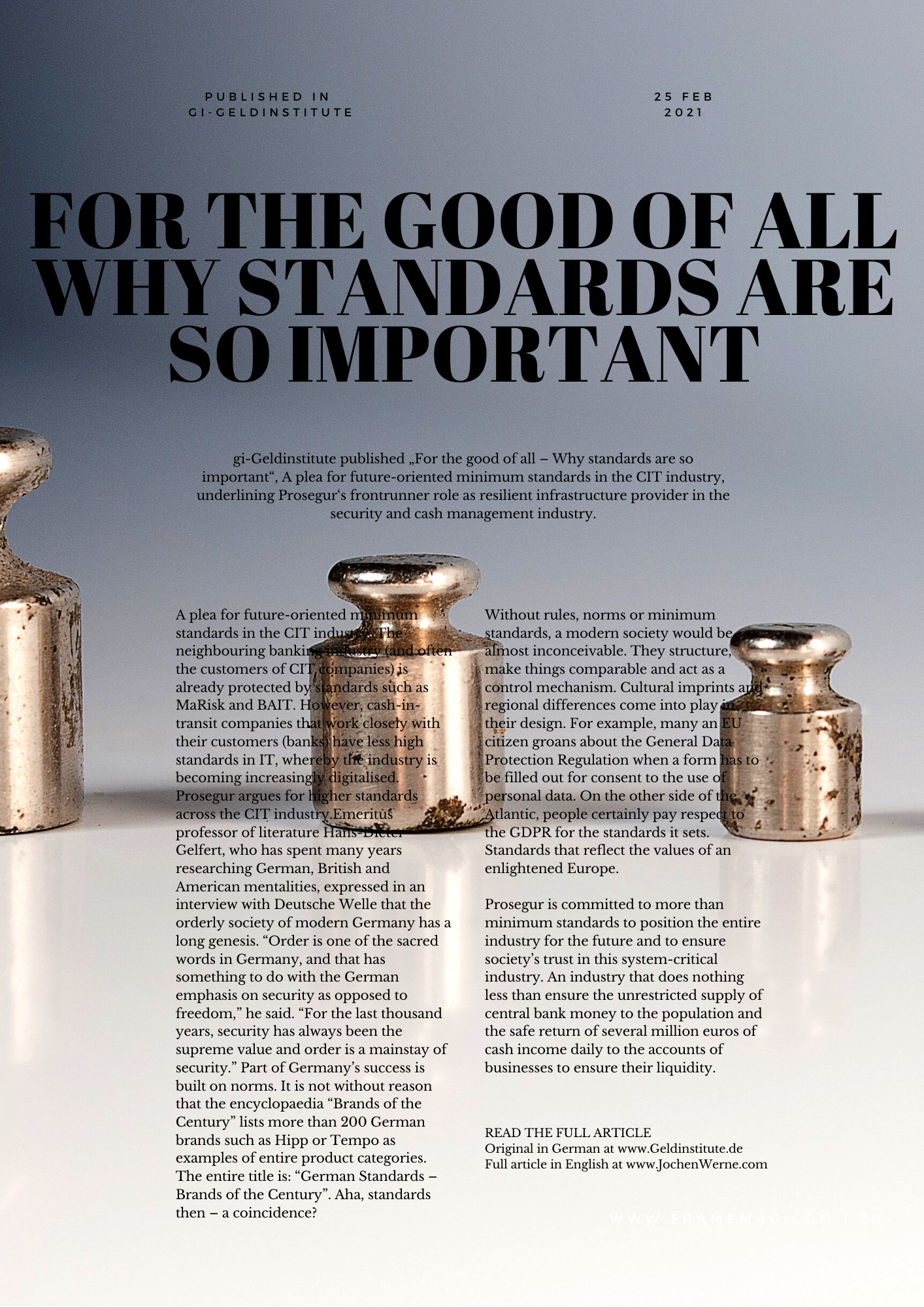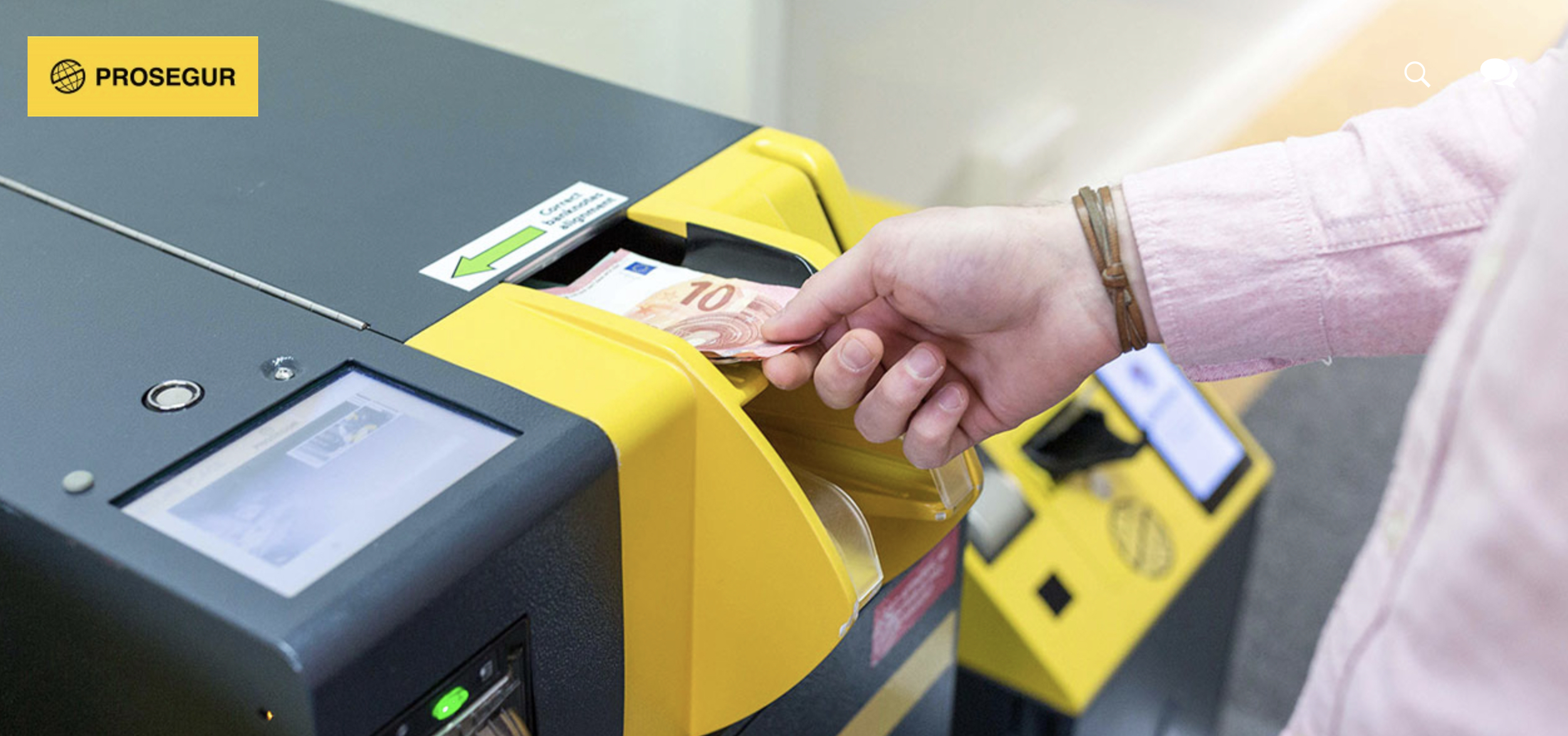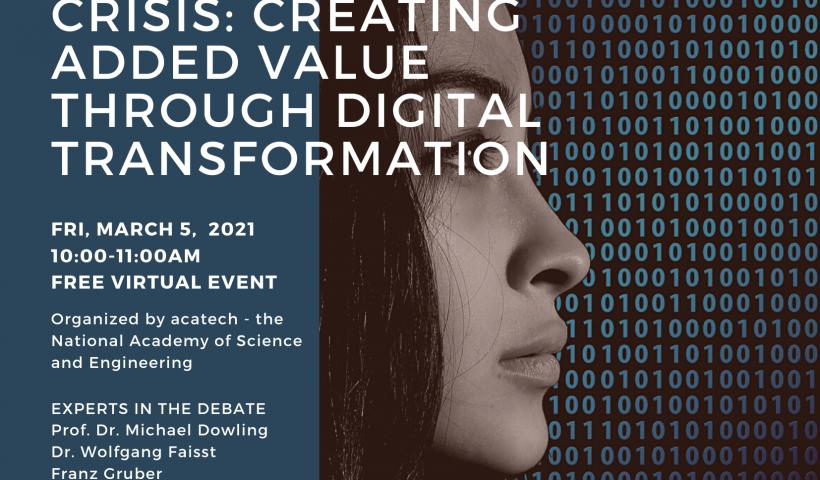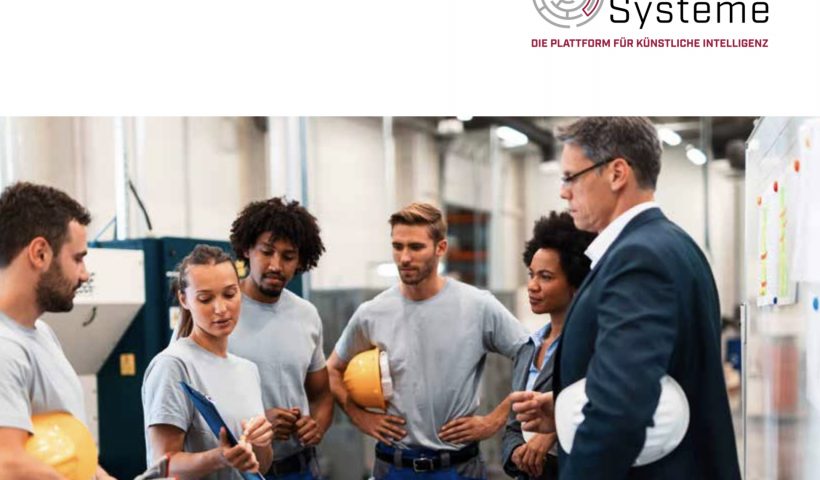By Jochen Werne
I had the distinct honor, alongside CCO Björn Hinrichs, to represent Experian DACH at the Gala event 2023. Our heartfelt gratitude goes to acatech for their warm invitation.
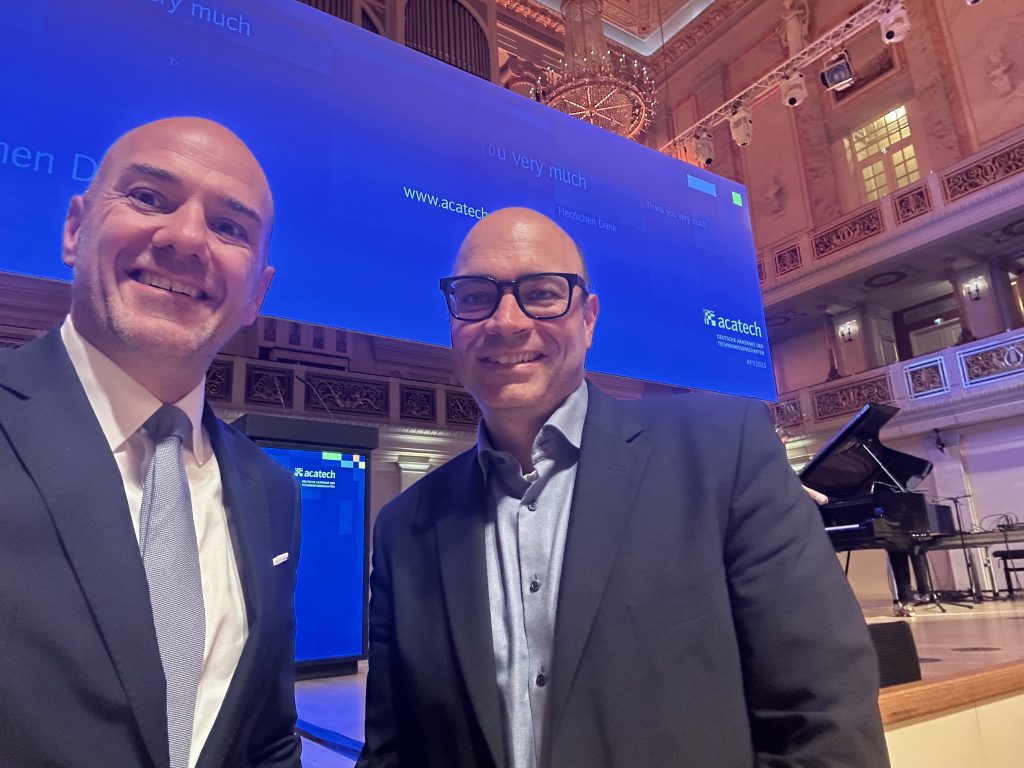
It’s clear that fostering a robust relationship between science and industry is paramount. The National Academy of Science and Engineering stands as a beacon, guiding and correcting, making technological innovation the cornerstone of transformation. This union of strong research, pioneering companies, and forward-thinking policies is the backbone of what acatech and countless others strive for. In this journey, while competition fuels our drive, it is cooperation that offers the platform for greatness.
In the infinite expanse of space, we are but astronauts on a tiny speck called Earth. Regardless of our political and geopolitical landscape, science and research must always be the bridge, the “Bridge over Troubled Water” that connects us and ensures progress, says Jan Wörner, President of acatech, wisely.
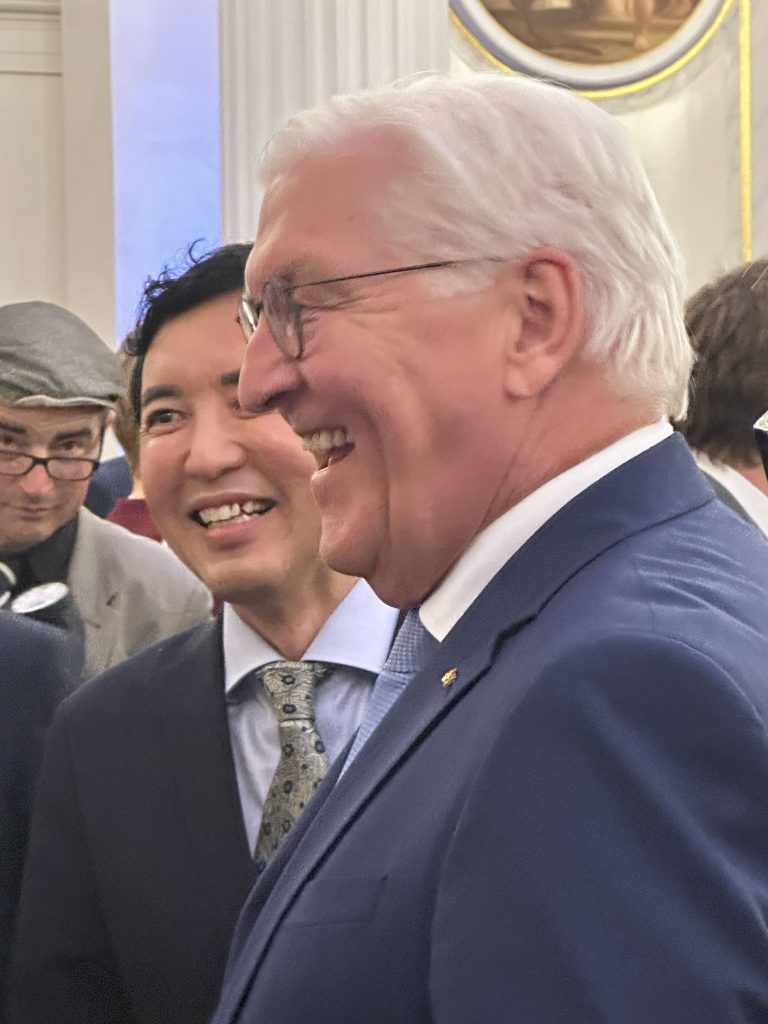
In reflecting on this, Germany’s Federal President Frank-Walter Steinmeier’s words resonate deeply: “I think we should base our perspective more on Max Frisch and trust ourselves as individuals and society alike to be able to shape the future. And that means developing perspectives, broadening our horizons and, yes, always daring to try something new. We need all this in the phase of upheaval we are in. Holding on to the past, ignoring change, refusing change, that is not an option – especially not in an open society like ours. But: We have to give change – that is the task of politics, business and science – a direction!”
Drawing from these profound insights and looking through the lens of our work at Experian DACH, the era we are entering can be aptly described as a new Age of Enlightenment, where data and therefore data literacy is paramount. As the Enlightenment thinker Voltaire astutely pointed out, “Judge a man by his questions rather than by his answers.” It’s a sentiment that is even more relevant today. Taking cues from Immanuel Kant’s wisdom, enlightenment is about emerging from our limitations. In the context of our time, achieving data literacy and harnessing data effectively signifies our evolution from technological naivety.
While AI stands as a monumental tool to decipher this data, its effectiveness lies in the quality of the data it is fed. It brings to the fore the urgent need for data literacy. An AI is only as good as its data. Thus, a distorted understanding could lead to distorted outputs. The onus is on us, leaders in data, to champion the responsible use of AI and advance the narrative on the symbiotic relationship between data and AI.
This new Enlightenment is our journey towards an era where society is mature and informed, utilizing the strength of data and AI for the betterment of all. Knowledge, in this context, isn’t just power but the foundation for positive societal transformation.
Concluding with my personal reflection, data isn’t merely a quantified entity; it’s a potent instrument to comprehend and address pressing challenges. Our collective aim should be to cultivate an understanding of data – its collection, utilization, and, importantly, its ethical application.
Our commitment at Experian DACH, backed by our ‘data for good’ principle, is to be at the forefront of this change, guiding, and contributing to this transformative journey.
————-

